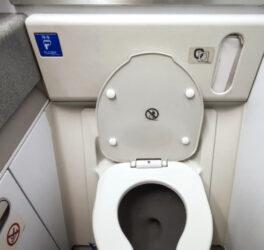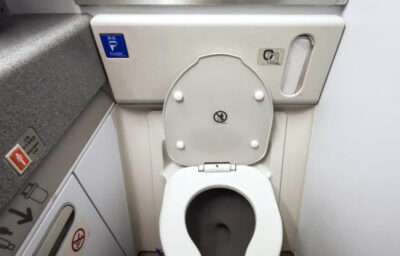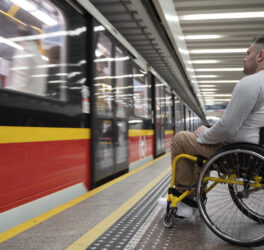
On the 34th anniversary of the Americans with Disabilities Act (ADA), Attorney General Merrick B. Garland signed a final rule under Title II of the ADA to improve access to medical diagnostic equipment (MDE) for people with disabilities. MDE includes equipment like medical examination tables, weight scales, dental chairs, x-ray machines and mammography machines. Accessible MDE is essential for people with disabilities to have equal access to medical care.
The final rule will soon be available for review on the Federal Register’s website at www.federalregister.gov. A fact sheet that provides information about the final rule will soon be available on ada.gov.
“Thirty-four years after passage of the ADA, people with disabilities should not have to forgo needed medical care due to inaccessible medical diagnostic equipment,” said Assistant Attorney General Kristen Clarke of the Civil Rights Division. “This rule marks a significant milestone in our ongoing efforts to ensure that people with disabilities can get the medical treatment they need. Whether you are talking about access to mammograms or access to general OB/GYN services, it is critical that hospitals and doctors’ offices provide equipment that is accessible to patients with disabilities.”
The rule clarifies how public entities that use MDE, such as hospitals and health care clinics operated by state or local governments, can meet their obligations to ensure accessibility under the ADA. The department has heard from many individuals with disabilities who have been denied basic, critically important health care services because medical providers lacked accessible MDE. For example, patients with disabilities reported receiving only a cursory physical examination in their wheelchair because they could not be transferred to the examination table for a full examination. Other patients reported forgoing basic preventative health care, such as dental examinations and mammograms, because providers did not have accessible MDE.
The rule adopts a technical standard for accessible MDE. The rule also establishes requirements that will help make accessible examination tables and weight scales more available. This will make it easier for people with disabilities — especially people who use wheelchairs — to receive medical care.








